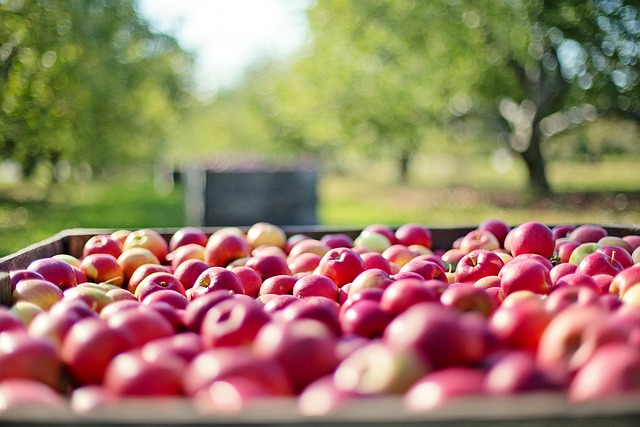Beyond Yogurt: Exploring Unexpected Sources of Probiotics for Optimal Wellness
Probiotics are commonly associated with yogurt and other dairy products. However, there is a world beyond yogurt when it comes to finding unexpected sources of probiotics for optimal wellness. While yogurt is a great staple, it’s always good to explore diverse options to ensure a well-rounded intake of beneficial bacteria.
1. Fermented Vegetables
Fermented vegetables, such as sauerkraut, kimchi, and pickles, are rich in probiotics and offer unique flavors and textures. These probiotic powerhouses are made by fermenting vegetables in a brine, creating an environment where beneficial bacteria can thrive. Including a variety of fermented vegetables in your diet can support gut health and promote overall wellness.
2. Kombucha
Kombucha is a fermented tea beverage that has gained popularity in recent years. It is made by fermenting sweetened tea with a SCOBY (symbiotic culture of bacteria and yeast). The result is a tangy and effervescent drink packed with probiotics. Kombucha comes in various flavors and can be a refreshing alternative to sugary sodas while providing the added benefit of probiotics.
3. Miso
Miso is a traditional Japanese seasoning made from fermented soybeans. It is commonly used in soups, marinades, and sauces to add depth of flavor. Miso is a fantastic source of probiotics and also provides essential nutrients like vitamins and minerals. Including miso in your cooking can not only enhance the taste of your dishes but also support your gut health.
4. Tempeh
Tempeh is another soybean-based product that undergoes fermentation. Originating from Indonesia, tempeh is made by fermenting cooked soybeans with a fungus known as Rhizopus oligosporus. The fermentation process binds the soybeans together into a firm and chewy cake-like form. Tempeh not only provides probiotics but is also packed with protein, making it a popular choice among vegetarians and vegans.
5. Apple Cider Vinegar
Apple cider vinegar (ACV) has long been praised for its health benefits, including its probiotic properties. ACV is made by fermenting apple cider with the help of bacteria and yeast, resulting in a vinegar rich in enzymes and probiotics. Incorporating a small amount of ACV into your diet, such as using it as a salad dressing or adding it to warm water in the morning, can provide a boost of probiotics.
6. Fermented Soy Products
In addition to miso and tempeh, other fermented soy products like natto and soy sauce can contribute to your probiotic intake. Natto is a traditional Japanese dish made from fermented soybeans and is a significant source of a specific probiotic strain called Bacillus subtilis. Soy sauce, made by fermenting soybeans and wheat, can also contain beneficial bacteria from the fermentation process.
7. Pickled Foods
Pickled foods, including cucumbers, beets, and carrots, offer more than just a tangy flavor. The pickling process involves fermentation, which generates probiotics. Pickled foods can be a delightful addition to meals, providing both crunch and beneficial bacteria.
8. Kefir
Kefir is a fermented milk drink known for its tangy taste and creamy texture. Similar to yogurt, kefir is a rich source of probiotics and can be enjoyed on its own or added to smoothies and recipes. It is made by adding kefir grains to milk, which contain a combination of bacteria and yeast that ferment the lactose in milk.
While yogurt is undoubtedly a fantastic source of probiotics, exploring beyond its limits can open up a world of new and unexpected sources of beneficial bacteria. By incorporating a variety of fermented foods and beverages into your diet, you can support your gut health and optimize your overall wellness.







